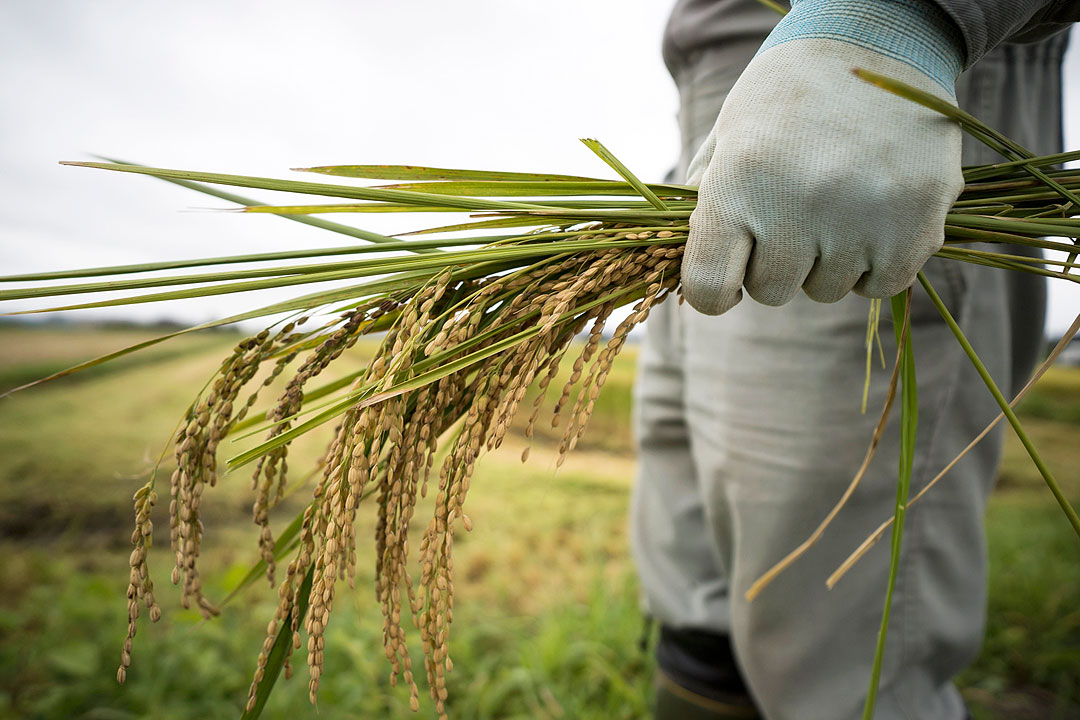
By Sheldeen Joy Talavera and Kyle Aristophere T. Atienza, Reporters
THE FEDERATION of Free Farmers is getting behind the government’s move to review the Rice Tariffication Law (RTL) of 2019, citing “serious infirmities” that should have long been amended.
However, some stakeholders are alarmed that the amendments to Republic Act 11203 are aimed at restoring the National Food Authority’s (NFA) power to import rice, while others believe the law should be scrapped altogether.
“Essentially, the Rice Tariffication law has left food security and farmers’ and consumers’ welfare to the vagaries of the so-called free market and the ‘humanitarian graces’ of rice-exporting countries,” the federation said in a statement.
“It has tied government’s hands in addressing spiraling rice prices and export bans, among others. We therefore expect and demand that the review and amendments of the RTL look deeply into its basic assumptions, objectives and major provisions,” it said.
The law deregulated rice imports that allowed private parties to import with few restrictions at a 35% tariff on grains brought in from Southeast Asia. This provides allocation for the Rice Competitiveness Enhancement Fund intended to help farmers.
It also removed the NFA’s authority to import, restricting it to buying domestic harvests to maintain an emergency inventory of rice for use during calamities.
But Agriculture Assistant Secretary Rex Estoperez said President Ferdinand R. Marcos, Jr. had told agriculture and fishery stakeholders during a meeting in Malacañang last week that he supports the review of the law to “empower the NFA” with its previous functions.
The Samahang Industriya ng Agrikultura said the NFA should focus on procuring more unmilled rice from local farmers instead of reverting to its regulatory powers to import rice.
“There is no rice shortage,” group Executive Director Jayson H. Cainglet said as he scored certain Agriculture officials whom he accused of misquoting the president who is also the Agriculture chief.
He said these officials have sought a review of the Rice Tariffication law so the NFA could import rice again. But the real solution is for “NFA to buy palay from local farmers,” Mr. Cainglet said.
Kilusang Magbubukid ng Pilipinas Secretary General Ronnie Manalo said they want RA 11203 junked because it harms farmers and the local industry.
“Even without a review, it is already evident that the Rice Tariffication law, enacted under [former President Rodrigo R.] Duterte and pursued under Marcos, Jr., wreaked havoc on the lives and livelihood of Filipino rice farmers,” he said.
“If the review is just to continue importation, it would be useless for the farmers and consumers,” he added.
Under RA 11203, the Congressional Oversight Committee on Agricultural and Fisheries Modernization must review the law at the end of its sixth year to determine whether the Rice Fund should be continued, amended or terminated.
Meanwhile, Federation National Director Raul Q. Montemayor said Malacañang should not take credit for the increase in prices of unhusked rice since the trend is driven by external factors and not state interventions.
“It’s not due to the efforts of the Department of Agriculture (DA), but rather external factors such as, among others, the India ban and Ukraine war, and to some extent, ironically, the failure of the DA to significantly expand production and ensure adequate buffer stocks during the lean months and reducing our dependence on imports,” he said in a Viber message.
In a Palace press release, Agriculture Undersecretary Leo Sebastian said: “Filipino rice farmers are enjoying better prices from their fresh harvest.” He added that this was “perhaps sparked by global fears of a shortage resulting from the adverse impact of El Niño, forcing world suppliers to tighten supply in the world market.”
But Mr. Montemayor noted that when palay prices were very low due to excessive and cheap imports, the “government hardly lifted a finger” for the benefit of farmers.
He lamented that the NFA had refused to increase buying prices or temporarily impose safeguard duties to stop a surge in imports to help the local industry. “Now that palay prices are up, they seem to be claiming credit for it.”



